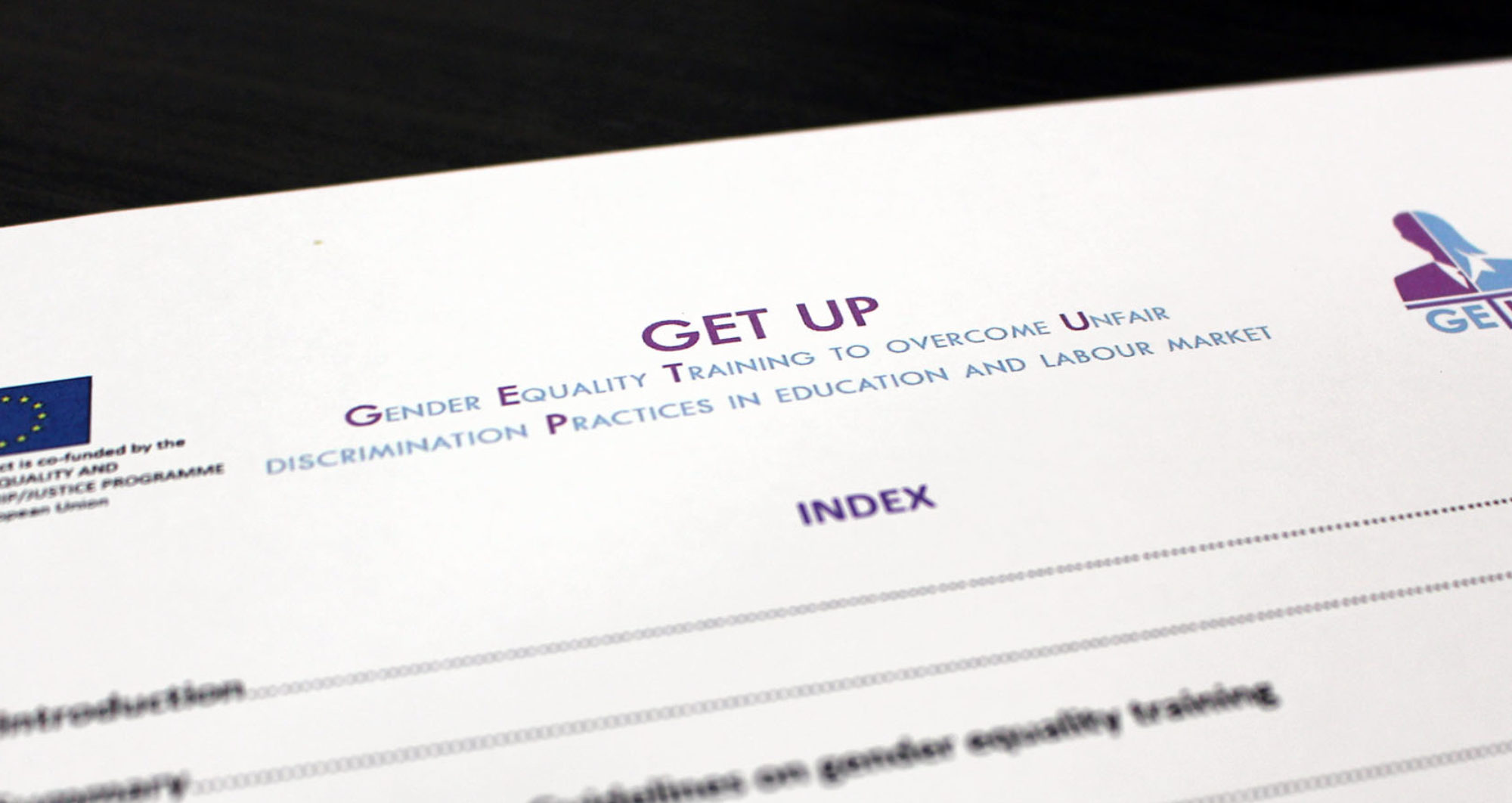● greater cooperation and communication among local authorities, employers, decision/policy makers and employees on the issues of gender stereotypes in education-training transition phases and at the workplace;
● defined set of competences and related minimum obligatory training standard for the professionals involved as direct target groups for the adoption of a non-discriminatory and non-stereotyped approach at the workplace;
● improved self-awareness about the role to be played by HR managers in overcoming the gender gap at the workplace;
● systematised information about existing policies and practices to fight gender stereotypes at the workplace at national and EU level, together with strategies for their effective implementation by relevant stakeholders.

